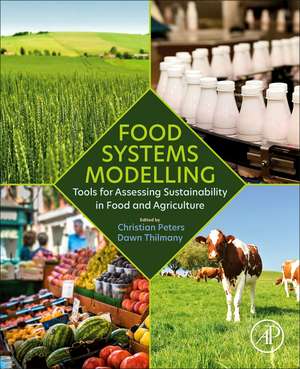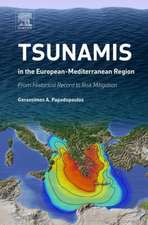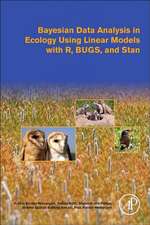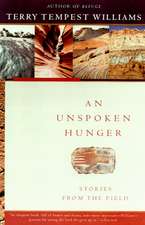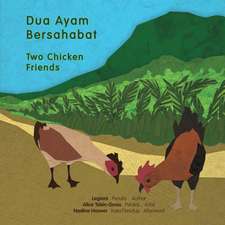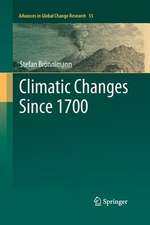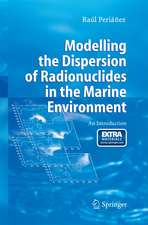Food Systems Modelling: Tools for Assessing Sustainability in Food and Agriculture
Editat de Christian J. Peters, Dawn D. Thilmanyen Limba Engleză Paperback – 23 ian 2022
This book will be a welcomed reference for food scientists, agricultural scientists, nutritionists, environmental scientists, ecologists, economists, those working in agribusiness and food supply chain management, community and public health, and urban and regional planning, as well as academicians and graduate students interested in the sustainability of food systems.
- Emphasizes sustainability, including the impact of agriculture and food production on profits
- Focuses on the ability of humanity to continue producing food in the midst of global environmental change
- Deciphers what models can teach us about food system sustainability
Preț: 724.58 lei
Preț vechi: 992.59 lei
-27% Nou
Puncte Express: 1087
Preț estimativ în valută:
138.66€ • 150.57$ • 116.48£
138.66€ • 150.57$ • 116.48£
Carte tipărită la comandă
Livrare economică 22 aprilie-06 mai
Preluare comenzi: 021 569.72.76
Specificații
ISBN-13: 9780128221129
ISBN-10: 0128221127
Pagini: 388
Ilustrații: Approx. 100 illustrations
Dimensiuni: 191 x 235 x 27 mm
Greutate: 0.66 kg
Editura: ELSEVIER SCIENCE
ISBN-10: 0128221127
Pagini: 388
Ilustrații: Approx. 100 illustrations
Dimensiuni: 191 x 235 x 27 mm
Greutate: 0.66 kg
Editura: ELSEVIER SCIENCE
Cuprins
1. Introduction – Using models to study food systems
2. The origins, definitions and differences among concepts that underlie food systems modeling
3. Life cycle assessment of foods and diets
4. Water Footprint Assessment: towards water-wise food systems
5. Land use modelling from farm to food systems
6. Foodshed analysis and carrying capacity estimation
7. Market and Supply Chain Models for Analysis of Food Systems
8. Framing and evaluating the economic impacts of food system policies, programs and initiatives
9. Environmental Input-Output (EIO) Models for Food Systems Research: Application and Extensions
10. Modeling biophysical and socioeconomic interactions in food systems with the International Model for Policy Analysis of Agricultural Commodities and Trade (IMPACT)
11. Using Social Network Analysis to Understand and Enhance Local and Regional Food Systems
12. Participatory modeling of the food system: The case of community-based systems dynamics
13. Using models to understand community interventions for improving public health and food systems
14. Applying environmental models in the food business context
15. Inquiry within, between, and beyond disciplines
16. Conclusion: Towards a holistic understanding of food systems
2. The origins, definitions and differences among concepts that underlie food systems modeling
3. Life cycle assessment of foods and diets
4. Water Footprint Assessment: towards water-wise food systems
5. Land use modelling from farm to food systems
6. Foodshed analysis and carrying capacity estimation
7. Market and Supply Chain Models for Analysis of Food Systems
8. Framing and evaluating the economic impacts of food system policies, programs and initiatives
9. Environmental Input-Output (EIO) Models for Food Systems Research: Application and Extensions
10. Modeling biophysical and socioeconomic interactions in food systems with the International Model for Policy Analysis of Agricultural Commodities and Trade (IMPACT)
11. Using Social Network Analysis to Understand and Enhance Local and Regional Food Systems
12. Participatory modeling of the food system: The case of community-based systems dynamics
13. Using models to understand community interventions for improving public health and food systems
14. Applying environmental models in the food business context
15. Inquiry within, between, and beyond disciplines
16. Conclusion: Towards a holistic understanding of food systems
